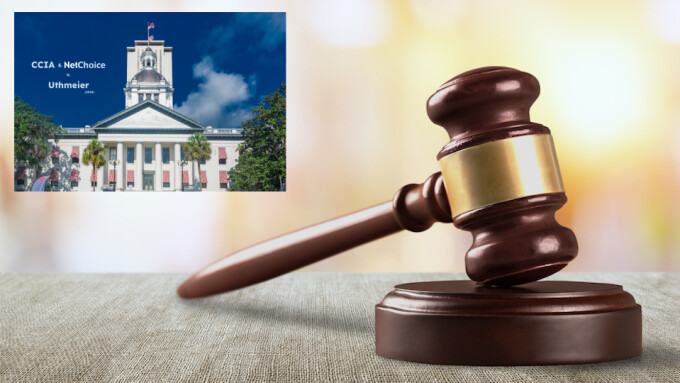
TALLAHASSEE, Fla. — The United States District Court for the Northern District of Florida, Tallahassee Division, has granted a preliminary injunction against HB 3, the state’s age verification law, as a lawsuit filed by two online trade associations challenging the law makes its way through the courts.
NetChoice and the Computer & Communications Industry Association challenged the law on the grounds that it violates First Amendment free speech protections. The plaintiffs requested that enforcement of the law be temporarily halted pending the outcome of the suit. Judge Mark E. Walker this week ruled in their favor on the injunction, which applies to the bill’s social media provisions.
“We’re thankful the court recognized this unconstitutional barrier and granted our preliminary injunction while our case proceeds on the merits,” said NetChoice in a statement.
Added NetChoice Director of Litigation Chris Marchese, “Today’s ruling is yet another affirmation that the government cannot control or censor online speech. Like all Americans, Floridians have the right to access lawful speech without the government controlling what they say, share, or see online. This decision marks a critical win not only for Floridians but also for preserving the vibrant marketplace of ideas online.”
The plaintiffs filed the motion for the injunction shortly after filing the original lawsuit. While the law was intended to take effect Jan. 1, the defendant — originally former Florida Attorney General Ashley Moody, now current Florida AG James Uthmeier — agreed to delay enforcement pending the outcome of the motion. The law still remains in effect for adult websites.
This is not the first injunction filed against HB 3. As XBIZ reported in January, Free Speech Coalition (FSC) filed a motion for an injunction pending the outcome of its own lawsuit against the law. However, later that month, Walker paused FSC’s suit until after the Supreme Court rules on Free Speech Coalition v. Paxton, the adult trade organization’s challenge to Texas’ age verification law.
